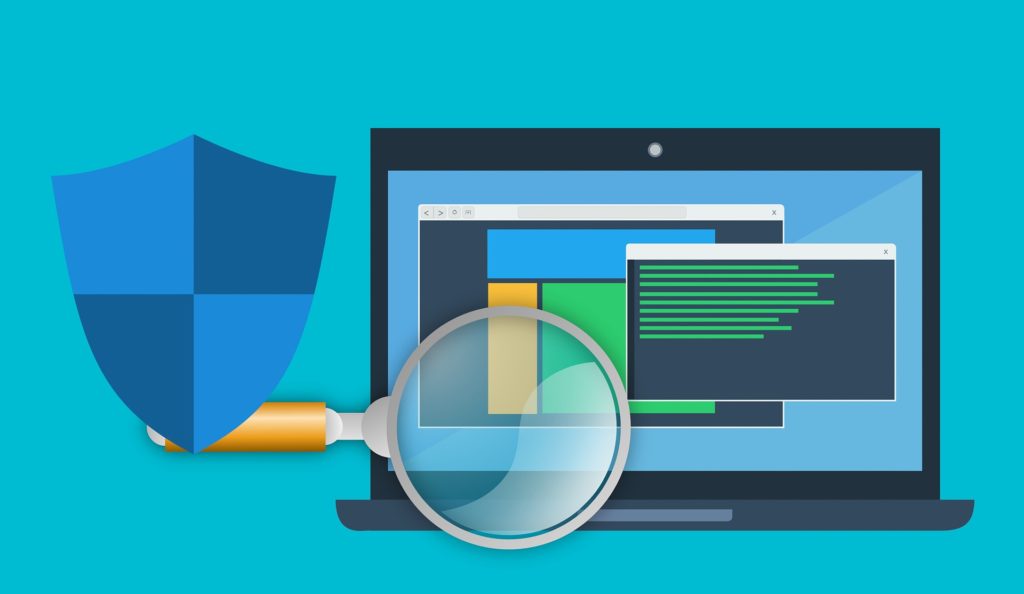Advantages and Disadvantages of Antivirus Software
Having an antivirus on your computer has many advantages and disadvantages. Although these programs have made information freely available, they can also be slow at times. They scan your computer to check for known virus code patterns. Viruses that attack your computer can cause problems such as data loss or theft. They also prevent spam from infecting your inbox. Whether you choose an antivirus program or not, it is always important to follow the manufacturer’s instructions.
Advantages of Antivirus
There are several advantages of installing an antivirus software on your computer. These programs protect you from malware and other types of computer infections, which are destructive and self-replicating. Some of them also cause damage to your computer and data, phishing attacks, and even stealing your identity. An antivirus protects you against these threats by scanning your computer for viruses and other malicious software, which are hidden in your files. However, installing an antivirus software on your computer can consume a significant amount of RAM and prevent you from loading sound files.
Spam ads and other forms of spyware often infect computers. These malicious scripts may attempt to steal personal information from your computer, including your social security number. This can compromise your privacy and cause significant financial loss. An antivirus program prevents such attacks by blocking malicious scripts and preventing them from damaging your data. In addition, most anti-virus programs have firewall features that help block unauthorized connections and keep hackers from digging deep into your computer.
Virus Protection
While most antivirus programs are not required by law, you should still install them to protect your computer. A virus is designed to cause damage to your computer, and the best protection is to use a good antivirus. You should also install antivirus software if you regularly conduct online transactions. This is especially important if you buy things online, as many hackers target online users to steal their passwords. You can find free antivirus programs on the internet, but they typically lack comprehensive protection and features.
Antivirus software protects you from various online threats by identifying and removing malicious programs. Viruses can damage your computer’s performance and your files. They can also cause disease in humans. If your computer is infected with malware, you need to get it removed right away. Antivirus programs can detect these threats and prevent them from infecting your computer. These programs will help you keep your computer safe and protected.
Spyware Protection
You should be wary of downloading programs from the internet. Spyware, a type of malware, can hide on your device and track your activity. It can also steal sensitive information from your computer. Fortunately, there are many ways to protect your device from spyware. Using the latest security technology, you can use anti-spyware programs to protect your computer. Here are a few of the most important steps you should take.
Download a reliable anti-spyware program. Most of these programs come with an installer that guides you through the installation process. Make sure you accept the end user license agreement and accept the program’s destination. If possible, use a pop-up blocker as well. Keep your operating system updated, and avoid downloading programs from unsolicited sources. If you do get infected, never open malicious attachments in emails or click on suspicious links.
Use anti-spyware software to detect viruses and other threats. CIS provides recommendations for protecting your device from malware. The software that you download depends on your computer’s operating system and whether it is a Brown-owned computer. For Windows, you should use System Center Endpoint Protection. If you use a Macintosh or Windows PC, you should consult your Departmental Computing Coordinator to install BullGuard.
Spam Protection
The key to a successful anti-spam solution lies in its anti-virus engine. An anti-virus engine is a software or hardware component that identifies malware and blocks it. It can also scan outgoing emails for malicious content. Advanced anti-spam solutions have a high detection rate of 99.9% and can prevent IP address blacklisting, a potential security threat that can affect the accessibility of your website.
In addition, some anti-spam solutions also incorporate mechanisms to identify potentially malicious attachments. Sandboxing allows the attached files to run in a sandboxed environment, reducing false positives and providing protection against zero-day malware. In addition to spam, there is a growing threat to your health, phishing. Phishing emails can contain an embedded or hidden hyperlink, or a malicious attachment.
In addition to these features, spam-blocking applications can also include other tools. Generally, a spam firewall can filter outbound emails using granular tolerance levels that you can set for individual users, groups, or departments. It also enables you to set specific thresholds for certain spam-like emails, ensuring that your company isn’t exposed to a significant amount of spam. For example, SpamTitan lets you specify a spam tolerance level for each user and department in an organization.
Firewall
There are some pros and cons to using a firewall. These applications can monitor network traffic, block viruses, and promote privacy. However, they can limit the performance of a computer. A firewall reduces RAM resources and processing power. Furthermore, it only protects against basic types of Trojans. This means that a firewall cannot prevent all types of malware from entering a system. Hence, it is important to update antivirus software regularly. Firewalls are expensive and restrict the users to a certain extent.
Both antivirus software and firewalls provide security against viruses and other malicious software. Both programs are important for protecting the file system and preventing the entry of malicious software and viruses. Often, these threats travel from one computer to another without the user’s knowledge. The firewall acts as the first line of defense against these types of threats. The pros and cons of each program are outlined below. If you’re still unsure of which one is best for your needs, try a free trial version.
Malware protection
Antivirus programs can protect your computer from various kinds of malware. Some are better than others, so choosing the best antivirus for your needs is a good idea. You should look for a good detection rate, which indicates how well a particular antivirus can detect new malware. This number is not enough to determine whether the antivirus will prevent all malware, but it will give you an idea of its effectiveness. In addition to this, you should also look for extra safety features such as parental controls, VPN, and password manager.
Although antivirus programs are free, they do use tons of resources. Antivirus programs can significantly slow down your computer. They can also cause lags on your network. Free antivirus programs do not offer complete protection and only recognize certain threats. To ensure complete protection, you should use a firewall as well. You should also consider antivirus programs for business use. This way, you can protect your business from hackers and other malicious programs.
Disadvantages of Antivirus
Viruses can slow down a PC or network, and antivirus programs are not the best solution for slowing down your computer. These programs also slow down your internet connection and computer processor. Viruses damage your system, data sources, and computer users. You can even end up losing valuable information. Besides, there are several disadvantages to using antivirus software. Here are a few of them. These disadvantages are important to consider before you install antivirus software on your computer.
Viruses spread through attachments, malicious websites, USB sticks, and email. Antiviruses scan your computer and detect malicious files using behavior-based and signature-based methods. These programs are fast and efficient, but sometimes, they cause slowdowns. These are the most common disadvantages of antivirus software. However, the main benefits of antivirus software far outweigh these disadvantages. Read on for some alternatives and a brief review of the main disadvantages of antivirus programs.
System Slowdown
The use of an antivirus program can affect your computer’s performance. Many security products have different features and performance requirements. Some antivirus programs can significantly slow your computer down, while others do not. Nevertheless, most of the time, an antivirus program will have a minimal impact on your computer’s performance. Some may even require that you use modern Web browsers. Despite all the benefits of an antivirus, there are still some risks associated with using the software.
Many free antivirus programs come with limitations, such as a lack of security features. The more protection functions an antivirus program has, the more time it will take for the software to verify data. If you are unsure whether or not your slowdown is due to your antivirus program, try disabling its modules. This way, you will be able to determine whether or not your computer’s slowdown is caused by the antivirus program.
Conclusion
Clearly the advantages outweigh the disadvantages so to get in touch with one of our technicians to setup an antivirus on your PC or Mac.


